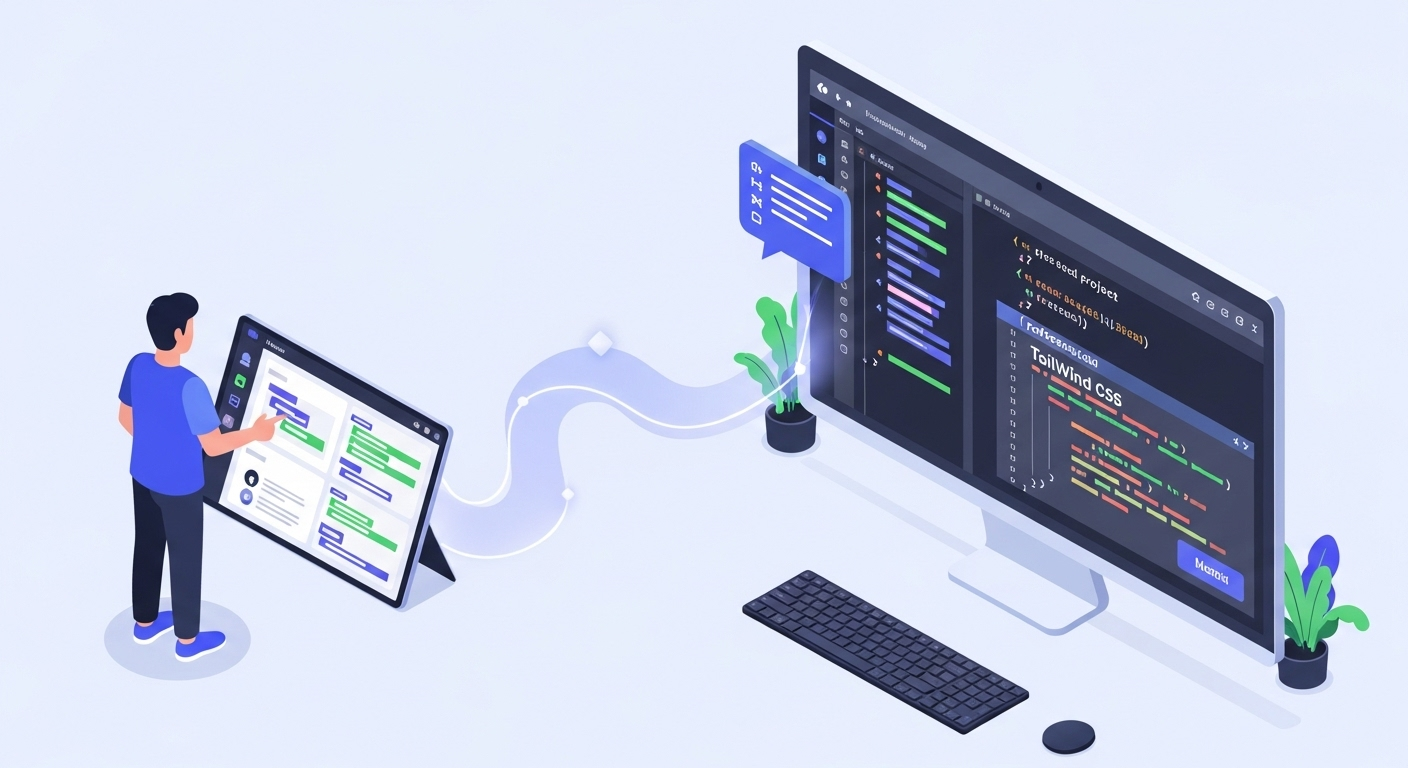 My buddy Thiago Carneiro showed me some projects he's been building with Lovable, like this Texture Wizard or this YouTube Preview tool. But the really really cool thing about this is what Thiago told me - his background is as Designer and Game Artist and, while he does understand well what goes behind the scenes, he says he wouldn't have the know-how to build those applications himself, and those tools unlocked the possibility for him to build a number of tools that make his life easier - and share with others. It's amazing to see how those tools are unlocking the potential for more people to build.
My buddy Thiago Carneiro showed me some projects he's been building with Lovable, like this Texture Wizard or this YouTube Preview tool. But the really really cool thing about this is what Thiago told me - his background is as Designer and Game Artist and, while he does understand well what goes behind the scenes, he says he wouldn't have the know-how to build those applications himself, and those tools unlocked the possibility for him to build a number of tools that make his life easier - and share with others. It's amazing to see how those tools are unlocking the potential for more people to build.
As often is the case, there are limitations to those tools. Integrating with a 3rd party API might be hard, or even implementing a sign-in system or payments, and that might require someone - maybe the vibe coder or another skilled developer, to dive deeper into the code the AI generated
Now, a common concern from developers around low-code tools like Lovable is the code quality, and how easy it is to maintain the code, since it can be an AI generated code base with little to no human supervision. Thiago was kind enough to share the source code of his tools with me, and checking out the code for his various applications was interesting.
What I found were applications that are quite consistent across each other on the tech stack, which uses Vite, React and Tailwind, with a directory structure and patterns that are consistent across applications, and programming patterns that are componentized, clean, and easy to read. In short, getting up to speed with those projects wasn't only easy, but because they are similar, moving o the next one got easier.
Over this week, I made an experiment - I bootstrapped a demo application with Lovable (stay tuned for more), then moved the application o VS Code and continued developing it (with the help of Cline). Because Lovable has an integration with GitHub, saving the project and running it locally was straightforward, and building up the application from that point, given how well organized the project was was easy.
I'm excited by how tools like Lovable, Bolt, and others are enabling non-coders to build the tools and applications they need on the web, creating a new wave of excitement on the platform. After looking at the code generated by Lovable, I'm also confident that there's an "upgrade path" for when the limits of those tools are reached, and growing beyond that requires hands-on coding.
Comments
No comments yet. Be the first to comment!
Leave a comment
Comments are moderated and may take some time to appear.